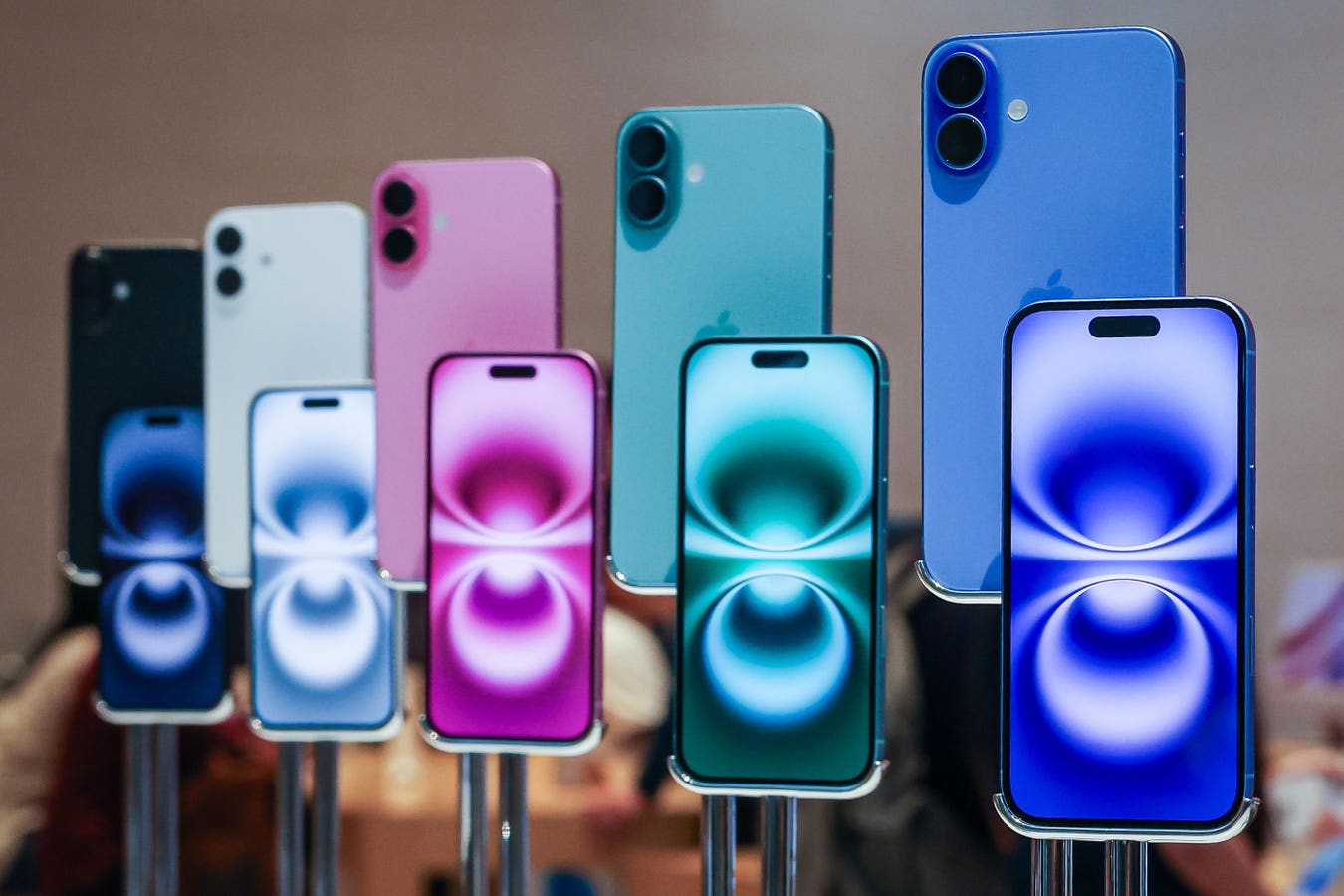EmblemHealth’s new AI-enabled Weather Resilience Program can warn people about any concerning … More
If you’re in the New York City area and get a call from Rachel, it may be time to start getting worried and do something about it. It’s not as if Rachel is a bad person, though. In fact, Rachel isn’t even a real person but is still interested in helping you. Or at least programmed to do so. Rachel is the name of the artificial intelligence-generated interface to EmblemHealth’s new Weather Resilience Program that can warn you about any concerning weather events and give you advice on what to do. But Rachel goes beyond your standard weatherperson on TV. Rachel can have a conversation with you, sort of like a real person, and tailor the responses and advice to you and your specific needs.
The Weather Alert System Offers More Personalized Advice Than Standard Weather Reports
Rachel and this service is now available to members of EmblemHealth, one of the largest not-for-profit health insurers in the U.S.. And if you’ve got EmblemHelath for your health insurance, chances are Rachel will already know quite a bit about you. EmblemHealth’s Chief Medical Officer, Daniel Knecht. MD, MBA, explained, “The system has access to clinical data on EmblemHealth’s members, including across Medicare and Medicaid and marries that with geospatial data.”
Knecht added, “One example of such geospatial data is the heat vulnerability index, which takes into account things like the amount of tree canopy and air conditioning in a neighborhood.” As you can see on the Heat Vulnerability Index or HVI website for New York City, different neighborhoods face different risks during the same heat wave. Heck, different neighborhoods may even be facing fairly different temperatures.
Therefore, when you’re feeling the heat, Rachel won’t be simply saying stuff like, “It’s gonna be a hot one out there. Stay cool, NYC,” like you may hear on TV. Rachel may be telling you more specifically how much heat you’ll be facing and how best to avoid it based on where you live. Rachel may also know your current health status and tell you how any medical conditions may make you have may make you more susceptible and what to do,
Again, this is a voice conversation similar to a real-person-to-real-person conversation. AI is helping EmblemHealth do what would otherwise take many, many healthcare personnel, many more than are currently available. And Rachel has some flexibility that not every human might have. Heck, Hecht related how Rachel switched from English to Spanish as soon as Rachel recognized that a member on the line was more fluent in Spanish.
The Weather Alert System Recognizes The Impact That Weather Can Have On Health
If you are wondering “weather” this is a good idea for a health insurer, remember that the weather can greatly affect different aspects of a person’s health. Weather certainly has its effects on mental and emotional health. Just build on that song from The Carpenters that went “Rainy days and Mondays always get me down” to see how. For example, your mood may fluctuate based on how much sun you are getting. Too little could leave you feeling down and even depressed. Too much could leave you feeling irritable and exhausted.
Then there are the direct physical health effects of weather. For example, last Summer, I wrote in Forbes about how heat and humidity can lead to heat cramps, exhaustion and stroke as well as exacerbate chronic medical conditions like heart disease. Knecht called heat “a silent killer, causing direct events and also tremendous stress on the human body.” So if you’ve got an underlying medical condition like heart disease, heat could tip you over the edge.
This is true with the opposite of heat as well. Cold weather can lead to direct effects like frostbite. It can also exacerbate underlying conditions. Breathing in cold air for example can trigger major breathing difficulties in someone with an underlying respiratory disease.
Moreover, your head and mind are not separate from your body. (If they happen to be separated, call your doctor immediately.) Therefore, your mental and emotional health can affect your physical health and vice-versa. For example, mental and emotional stress from an extreme weather event can lead to physical stress.
Humans aren’t the only ones affected by their surroundings. More extreme weather can be “ruff” on dogs and other pets as well. That can end up affecting the humans who care for them too. That’s why warnings about pets are part of EmblemHealth’s weather alert system.
Climate Change Is Increasing The Need For Weather Alert Systems
One could say that this is the right climate for more personalized weather alert systems. Or perhaps the right, wrong climate. If you haven’t noticed, there’s this thing called climate change that’s been happening for a while. It’s already been leading to more and more extreme weather events over time like heat waves, as I’ve written before in Forbes, Climate change has also been laying the ground for more and more disasters like wildfires by leaving the ground drier and drier and more likely to catch fire, which I wrote about in May,
These more extreme weather events and disasters in turn bring even more health threats more frequently. For example, wildfires can not only cause direct injury and damage to people and property but can also spew all sorts of nasty stuff into the air. “In June 2023, New York City had some of the worst air quality in the world,” Knecht recalled. “This was due to the wildfires in Canada.” Such poor air quality can result in lung and heart problems as well as potentially cause cancer down the road, as I covered in Forbes two years ago.
Hecht gave another example when he related, “The heat wave two weeks ago [in June] led to more than 100 ER visits.” This meant of course many indivdiuals were suffering bad health consequences. But it also meant more time and resources had to be allocated to their care. By further burdening already overburdened ERs, it could have affected the care of others as well.
The Weather Alert System Is Aligned With EmblemHealth’s Mission
EmblemHealth’s website indicates that their social mission includes “identifying and addressing the … More
It would make sense for a health insurer to be concerned about climate change and how the changing weather patterns may adversely affect human health. After all, more health problems mean more medical costs. Warning people about weather threats could end up being a lot less expensive than dealing with the effects of the threats.
But this new weather alert system goes beyond just a dollars and makes sense type of thing. “This aligns closely with EmblemHealth’s social mission,” Knecht emphasized. “This is about going upstream and being proactive and supporting our vulnerable members when it comes to weather.” EmblemHealth’s website indicates that their social mission includes “identifying and addressing the social determinants of health that can negatively impact health outcomes, especially in underserved communities.”
Since its launch, EmblemHealth has been tracking the success of this weather alert program. This has included surveying members, measuring how long their members are talking with Rachel, and track ER visits and inpatient stays. EmblemHealth has indicated that to date member satisfaction with the program has been a 9 out of 10 and the likelihood to recommend getting a call from Rachel has been a 9.2 out of 10. Conversations with Rachel have lasted an average of five minutes, which suggests that people are having more than just “Hello, goodbye,” dialogues.
The Weather Alert System Is About Precision Population Health
Hecht referred to this program as another precision population health initiative. Precision population health is precisely what I wrote about in Forbes in May 2023. Precision population health is the opposite of one-size-fits-all approaches and is about better tailoring prevention measures and interventions to different members of the population. Treating everyone in a population the same health-wise would be like telling everyone to wear exactly the same sweater vest and skinny jeans, which is probably something you wouldn’t want to see.
A big part of precision population health is recognizing that people are not individuals floating independently in the ether. Instead, they interact with each other and their surroundings in many complex ways. So trying to address people’s health without considering the weather would be a bit like trying to play a sport while ignoring the court or field.









